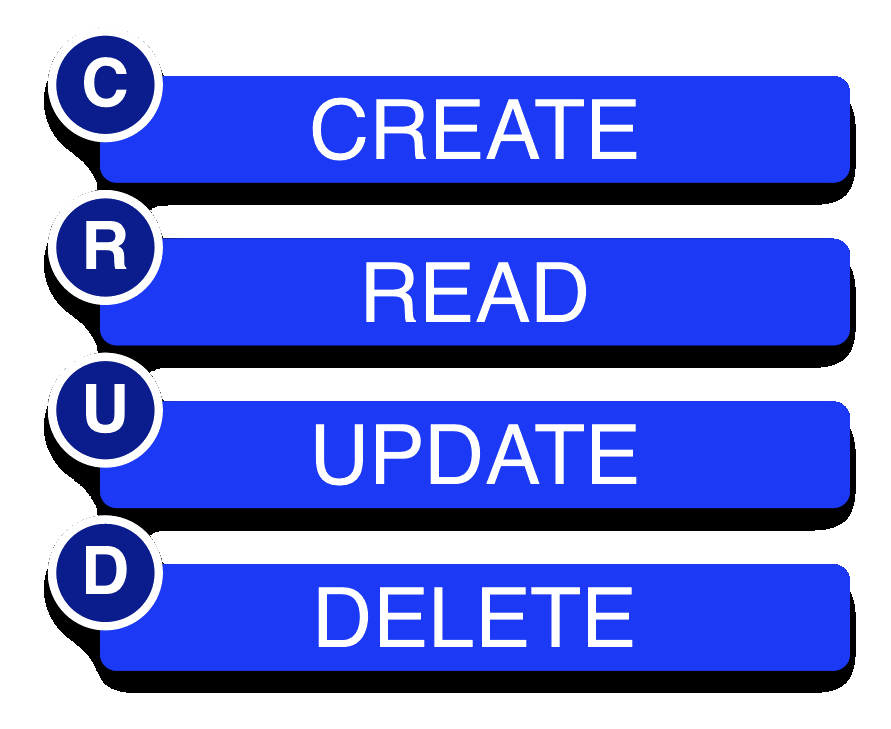DSpace 6.0 ships with a number of new features. Certain features are automatically enabled by default while others require deliberate activation.
The following non-exhaustive list contains the major new features in 6.0 |
| <image?> | Major Java API refactor, supporting UUIDs and Hibernate. The DSpace Java API has been refactored significantly to make it more modular, and make it easier to achieve future RoadMap modularity goals. For more detailed information, see DSpace Service based api or DS-2701. This feature was contributed by Kevin Van de Velde of @mire, with support/help from the DSpace Committers. - Hibernate allows us more stability in our database layer (decreases the likelihood of database specific bugs), and potentially allows us to support additional database platforms in the future
- UUIDs provide all objects with stable, globally unique identifiers (instead of existing incremental, non-unique database identifiers). This simplifies the management of identifiers in our object model.
- The Java API itself is now split into three "layers" which are all now initialized via Spring
- Service layer, which contains DSpace business logic
- Database Access Object (DAO) layer, which contains specific Hibernate database queries to locate/find individual objects
- Database Object layer, which provides access to specific database columns, object properties via Hibernate
Most sites will not notice this major API refactor, as the upgrade is seamless. However, if you've performed major (Java-level) customizations, you may need to refactor your own customizations to use this newly refactored API. Some examples are on the DSpace Service based api page. |
| | Enhanced (Reloadable) Configuration System. See Configuration Reference, Enhanced Configuration Scheme and DS-2654. This feature was contributed by Tim Donohue of DuraSpace. - Provides easier management of local configurations via a new
local.cfg file. Any configurations (from *.cfg files) can be overridden in DSpace by simply copying them into your local.cfg and changing the value. See Configuration Reference - Many configurations now automatically reload as soon as you save your
local.cfg file. This means you don't need to restart Tomcat every time you need to change a configuration.- Please note: Unfortunately, at this time, some configurations do still get cached in the XMLUI or JSPUI (or similar). So, while many will reload, not all of them yet support this feature.
|
| | Enhanced file (bitstream) storage plugins, including support for Amazon S3 file storage. This feature was contributed by Peter Dietz of Longsight. |
| | Configurable site healthcheck (i.e. repository status) reports via email. This feature was contributed by Jozef Misutka of Lindat. |
| XMLUI new features |
| |
 Image Removed Image Removed Image Removed Image Removed
| REST API new features |
 Image Removed Image Removed | RDF Interface to support Linked (Open) Data (NEW) - DSpace can now provide its content as Linked (Open) Data via a new RDF interface (provided as an "rdf" webapp), see DS-2061 by Pascal -Nicolas Becker
|
 Image Removed Image Removed | OAI-PMH interface enhancements / bug fixes - OpenAIRE v3 compliance (operators over filters)
- OAI respects item READ rights
- /oai displays the list of available contexts; contexts have descriptions
See DS-1649 by João Melo |
 Image Removed Image Removed | Enhanced Thumbnail Quality (disabled by default) See DS-2105 by Terry Brady with the support of Georgetown University |
 Image Removed Image Removed | Bug fixes / improvements to Biblio-Transformation-Engine (BTE) Kindly contributed by the Greek National Documentation Centre/EKT |
 Image Removed Image Removed | Enhancements to DOI Support (disabled by default) - Enhanced EZID IdentifierProvider Metadata Mapping via XSLT, see DS-2119 by Mohamed Mohideen Abdul Rasheed
|
 Image Removed Image Removed
| Apache Solr libraries were upgraded for all interfaces (JSPUI, XMLUI, and OAI) See DS-2253 by Roeland Dillen with the support of @mire |
 Image Removed Image Removed | Add a place for third-party JARs / plugins to be "found" by DSpace (disabled by default) - DSpace will now look for JARs / plugins in the locations specified by "plugin.classpath" value specified in dspace.cfg.
See DS-2107 by Mark H. Wood with the support of IUPUI University Library |
- New framework for metadata import from external sources (including an out-of-the-box plugin supporting PubMed, and hopefully more coming soon). This concept was previously only supported in JSPUI. Screencast example: http://screencast.com/t/QBImSGbAUZ. This feature was contributed by @mire.
- Extensible administrative control panel, allowing institutions to override or customize the XMLUI administrative "control panel" (see also DS-2625). This feature was contributed by Jozef Misutka of Lindat.
- Export of XMLUI search results to CSV for batch metadata editing. This feature was previously only supported in JSPUI. See also DS-1262. This feature was contributed by William Welling of Texas A&M
|
| REST API new features - REST Based Quality Control Reports for collection manager. See also DS-2583. This feature was contributed by Terry Brady of Georgetown University
- Support for all authentication methods via REST (e.g. Shibboleth, LDAP, etc)
|
| | Features Removed or Replaced
- The
build.properties configuration file has been replaced by an enhanced local.cfg configuration file. The new local.cfg allows you to easily override any configuration (from dspace.cfg or modules/*.cfg files) by simply copying it into your local.cfg and specifying a new value. It also provides enhanced configuration options as detailed in the Configuration Reference documentation. The old build.properties file is no longer used nor supported.- WARNING: As part of adding this new configuration scheme, many of the configuration settings in DSpace (primarily those in
modules/*.cfg files) had to be renamed or prepended with the name of the module. This means that 5.x (or below) configurations are no longer guaranteed to be compatible with 6.x. If possible, we recommend starting with fresh configs (see below), and moving all your locally customized settings into the new local.cfg file.
- The PDF Citation Cover Page configuration file has been renamed (from
disseminate-citation.cfg to citation-page.cfg). See this features documentation for more details. - The legacy search engine (based on Apache Lucene) and legacy Browse system (based on database tables) have been removed from DSpace 6.0 or above. Instead, DSpace now only uses Discovery (based on Apache Solr) for all Search/Browse capabilities.
The DSpace Lightweight Networking Interface (LNI), supporting WebDAV / SOAP / RPC API, has been removed from DSpace 6.0 or above. We recommend using REST or SWORD (v1 or v2) as a replacement. However, if you still require it, the old (unmaintained) LNI codebase is still available at https://github.com/DSpace/dspace-lni - Support for SRB (Storage Resource Broker) file storage has been removed from DSpace 6.0 or above. As it was unmaintained (and seemingly unused) for many years, this feature was removed along with its configurations. As a replacement, a new file storage plugin system was added, featuring a traditional local file storage option (default) and an Amazon S3 file storage option (see Storage Layer documentation, especially Configuring the Bitstream Store). For more information on the removal of SRB support, also see DS-3055.
- The user groups Administrator and Anonymous cannot be renamed or deleted. If you had renamed them, they will be renamed back to the stock names during the upgrade. DSpace is now dependent on these specific names due to internal changes.
|  Image Removed Image Removed | All objects now have metadata support - All DSpace objects (Communities, Collections, Items, EPeople, Groups) now have metadata, and most now use the default "dc" (Dublin Core) metadata schema.
- NOTE: The only exception is EPeople metadata, which is stored in a new "eperson" metadata schema.
- The User Interfaces don't yet take advantage of this enhancement in DSpace 5.0. Instead, this is an internal restructuring of data within DSpace. In the future, this provides the potential to create more enhanced metadata (or even more configurable metadata) on all objects
See DS-1582 by Mark H. Wood with the support of IUPUI University Library and Kevin Van de Velde with the support of @mire |




